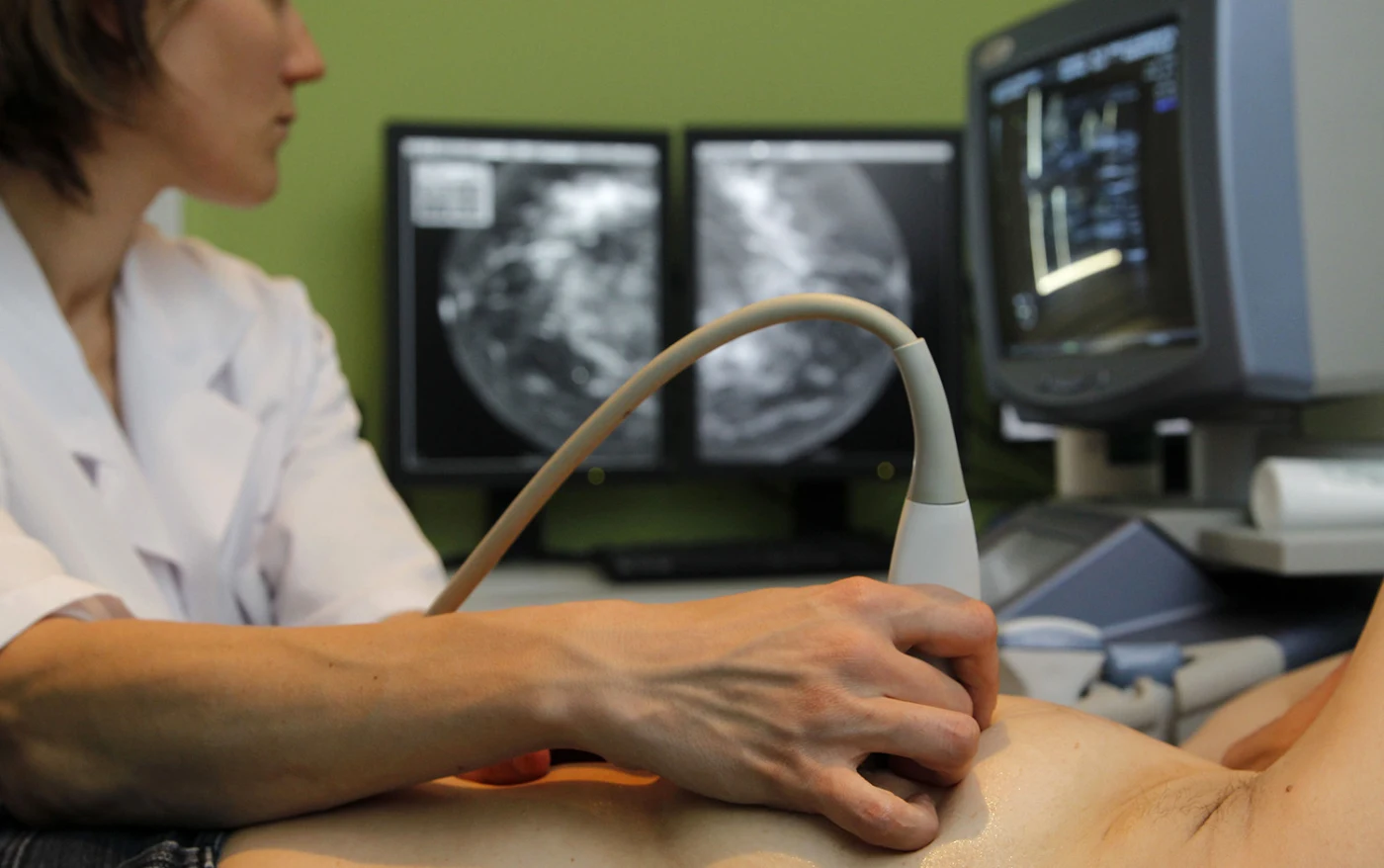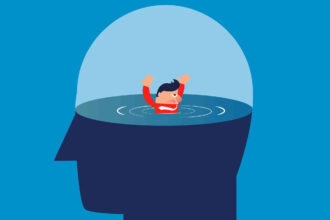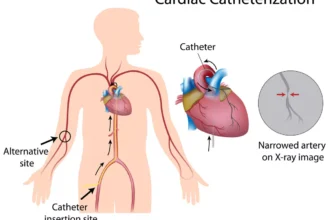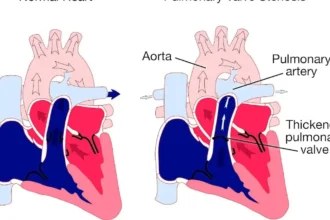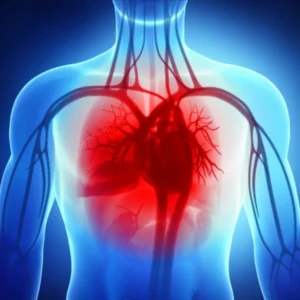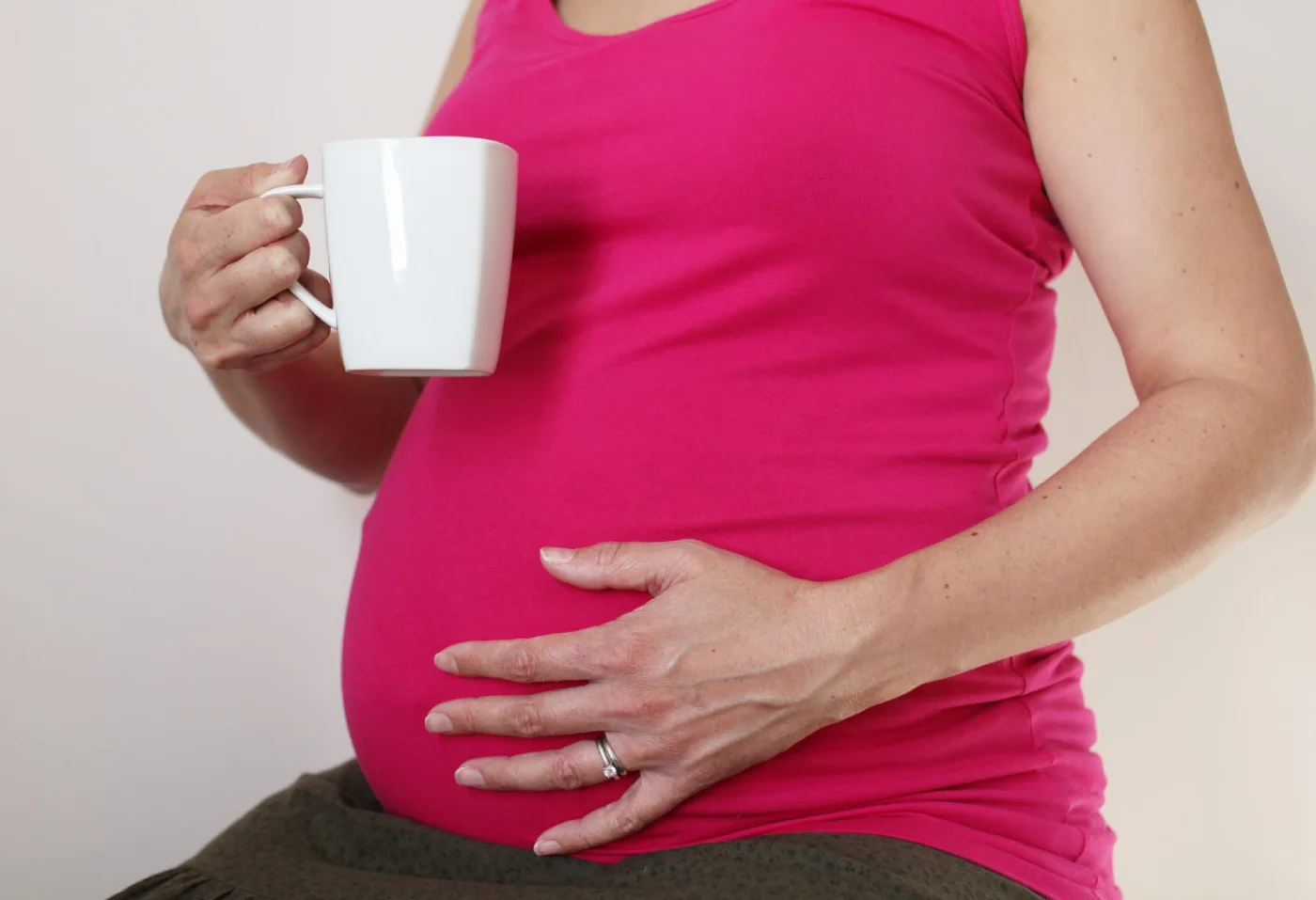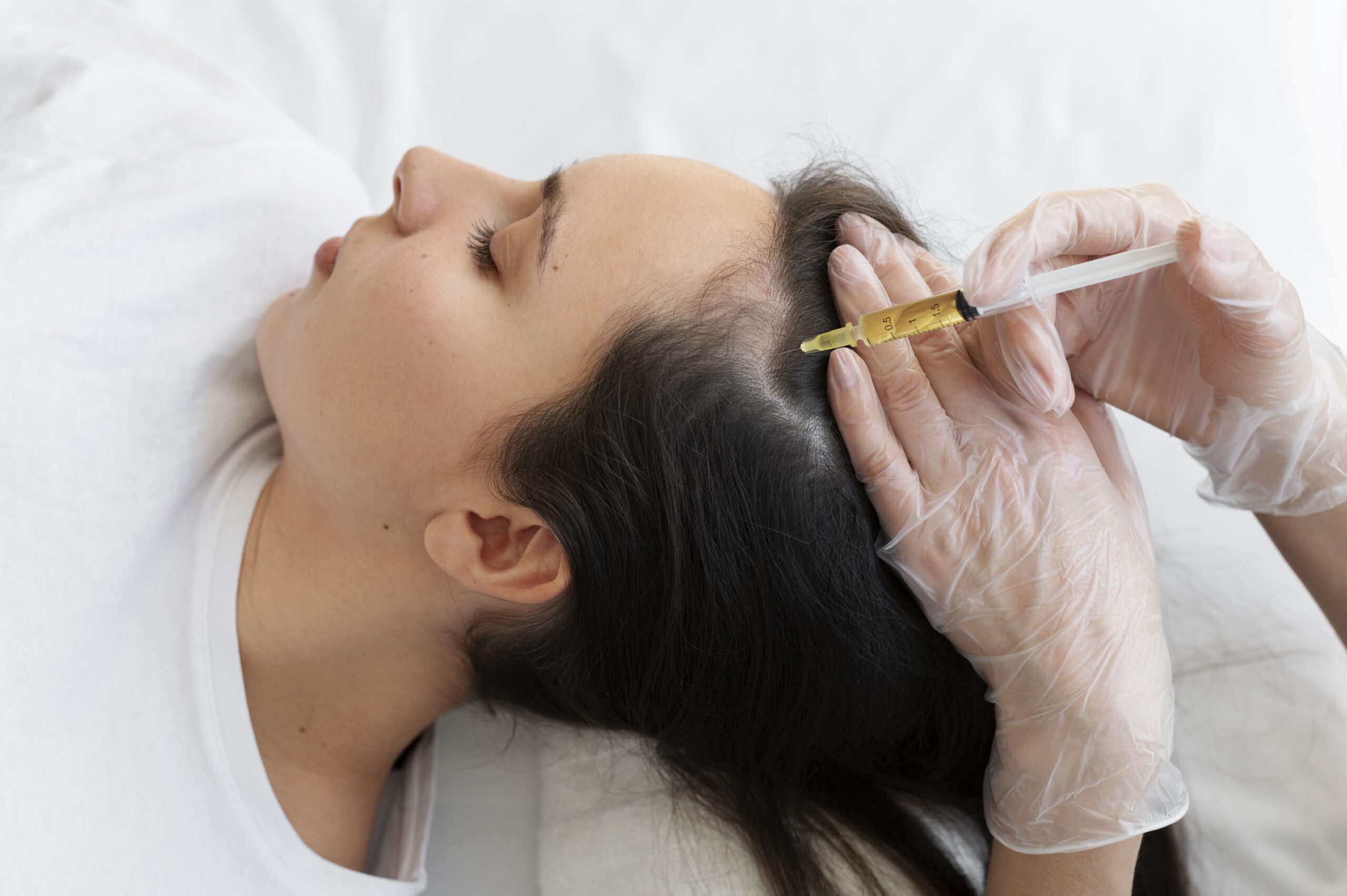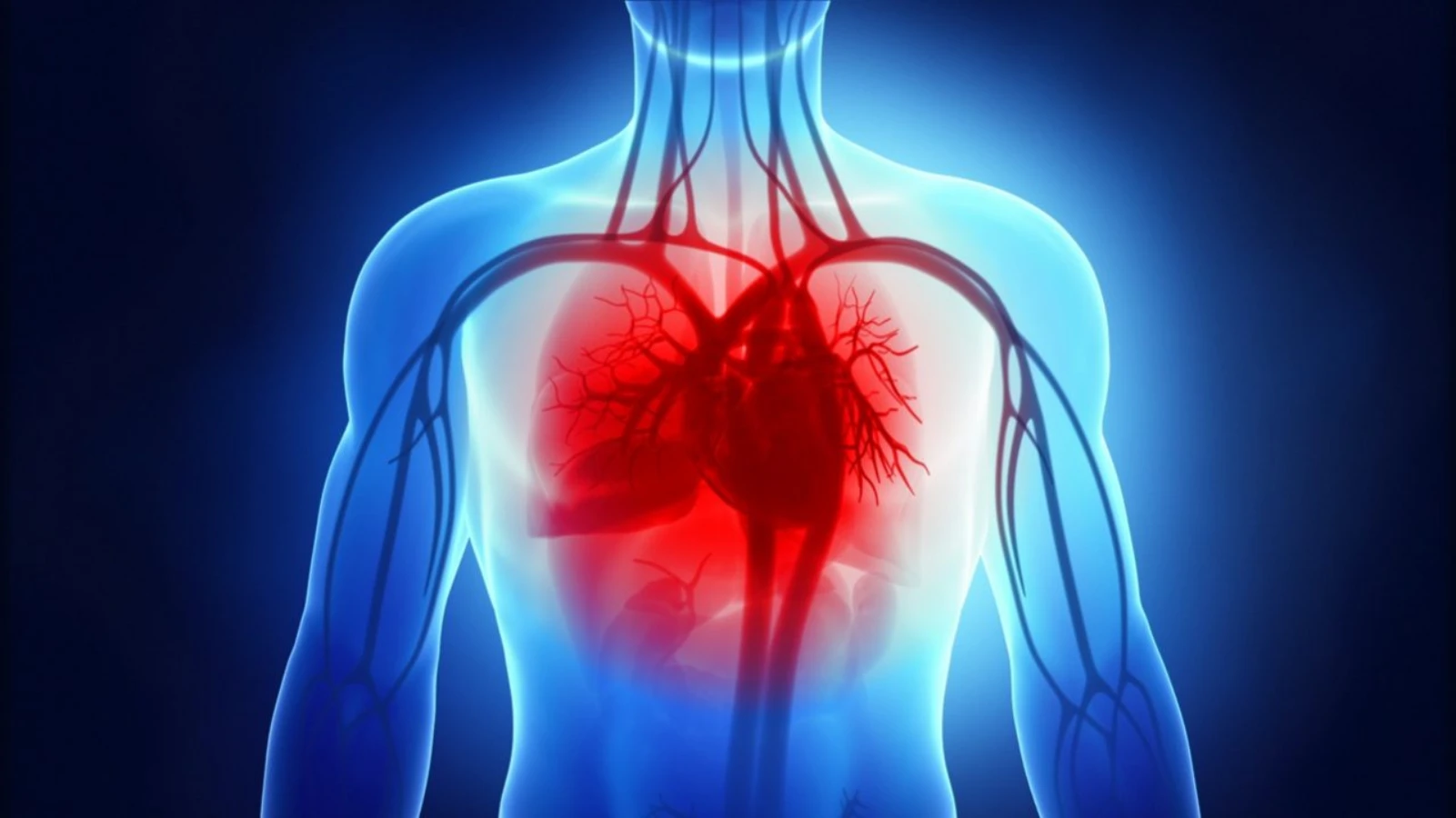For as long as humankind has grappled with diseases, one particular question has lingered in the shadows. Indeed, we are compelled to ask: *Can an echo-cardiogram detect breast cancer?* In an ever-evolving medical landscape, this inquiry continues to intrigue researchers and clinicians.
Discerning the Underlying Connection
Before we delve into the heart of the matter, let’s get our basics right. Before asking: “Can an echo-cardiogram detect breast cancer?”, we should wonder what an echo-cardiogram is. And why is it being mentioned in the same breath as breast cancer detection?
An **echo-cardiogram** is akin to the friendly cartographer of the heart. Just as a cartographer maps uncharted territories, an echo-cardiogram uses sound waves to produce images of the heart. This non-invasive procedure visualizes how the heart is functioning – its size, its major structures, and how effectively it is pumping blood.
Breast Cancer and Figuring Out its Mystery
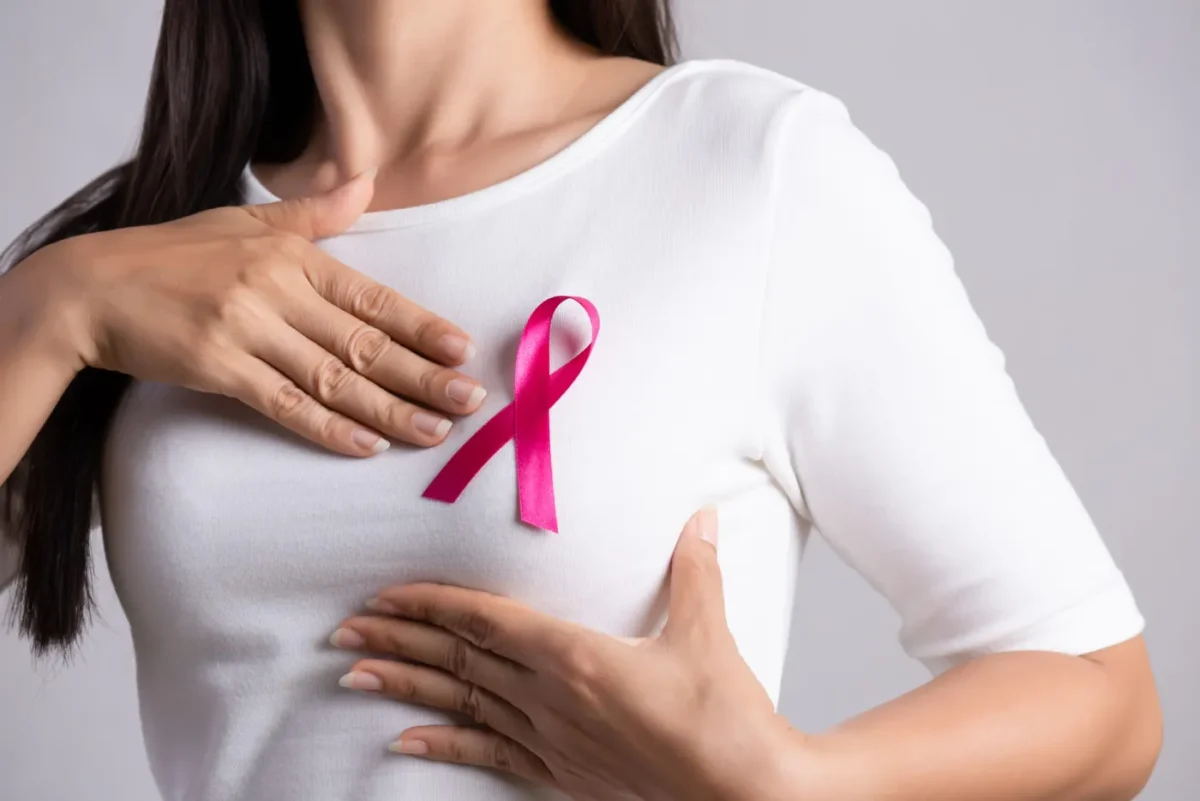
On the other hand, **breast cancer** is a malignant condition that develops in the breast cells. Can you imagine a roaring wildfire, consuming everything in its path? That’s akin to how breast cancer can spread if not detected and treated promptly. But how does an echo-cardiogram, a tool originally designed for the heart, underpin breast cancer detection?
Unraveling the Echo-cardiogram and Breast Cancer Conundrum
Can an echo-cardiogram detect breast cancer? .To finally address our burning question, let’s take a closer look.
The Role of the Echo-cardiogram:
Echo-cardiograms, though typically assigned the role of cardiac detectives, have ventured into other medical territories. But, could they cross over into the realm of breast cancer detection, is like asking if a Penguin can live comfortably in the Sahara. The truth, dishearteningly, is no.
Echo-cardiogram’s Defining Limitations:
Despite the exceptional versatility of an echo-cardiogram, it lacks the specificity required in diagnosing breast cancer. You see, it’s like using an old compass to navigate an intricate labyrinth – the tool is just not cut out for the task.
Echo-cardiogram versus Mammograms
When it comes to breast cancer detection, mammography is the reigning champion. Why? Simply because mammography utilizes low-dose X-rays to examine breasts, much like shining a torch in a dark room. In stark contrast, echo-cardiograms use sound waves that are not primarily designed to visualize and detect abnormalities in breast tissue.
“Can an echo-cardiogram detect breast cancer?” is a Walk in the Cardiac Park
Echo-cardiograms may indirectly flag potential breast cancer when unusual symptoms or clinical signs are discernible in nearby heart structures. However, this is analogous to stumbling upon a rare artifact while strolling in a park – extremely unlikely and incidental.
The Actual Heroes in Breast Cancer Detection
So, if not echo-cardiograms, then what methods are promising in the battle against breast cancer?
Unleashing the Power of Mammography
As stated earlier, **mammography** is the primary method of breast cancer detection to find the exact answer to the question”Can an echo-cardiogram detect breast cancer?”. Professionals strongly recommend regular mammogram screenings for women, especially for those aged 40 years and above. It’s like having a vigilant security guard, keeping a keen eye out for signs of danger.
Cancer-Defeating Alliance: Ultrasound and MRI
Breast ultrasound and MRI hold great potential in detecting breast cancer, especially in women with dense breasts. Both of these techniques shine a spotlight, uncovering what might remain hidden in a mammogram.
Electrical Impedance Scanning – A Futuristic Lens
New kids on the block, like electrical impedance scanning, offer an advanced perspective on breast cancer detection. Think of it as looking at the mystery through a futuristic lens, unlocking greater detection capacities with technological innovation to solve this problem “Can an echo-cardiogram detect breast cancer?”.
Breast Self-Exam – The First and Foremost Defense
Above technical interventions, a routine self-exam serves as the first line of defense against breast cancer.
An Ode to the Self-exam
A self-exam is like a DIY project – you, playing an active role in detecting any changes in your breasts. To have this personal level of control may seem daunting, but it can be life-saving.
The Power of Early Detection
Remember the wildfire metaphor? Well, catching breast cancer in its initial stages is akin to extinguishing a forest fire before it gets out of control.So it is the perfect answer to “Can an echo-cardiogram detect breast cancer?”.
Conclusion – Harnessing the Right Tools
Simply put, the question “Can an echo-cardiogram detect breast cancer?” is akin to expecting a fish to climb a tree. At this stage of our medical knowledge, an echo-cardiogram cannot directly detect breast cancer, but it remains highly efficient in its primary function, which is heart health.
In our quest for answers, darkness often lingers. But it’s within this obscurity that we find our will to illuminate the unknown. In answering the question, “Can an echo-cardiogram detect breast cancer?” we have come to appreciate not only the vast capabilities of echo-cardiograms but also the specific tools designed to detect breast cancer. And it’s from this vantage point that we can truly respect each instrument’s role in the symphony of healthcare, ensuring we’re always using the right tool for the task at hand.
As we navigate through future chapters in medical science, let’s hope the melody of progress continues to resonate with our collective efforts to advance medical technology and, ultimately, human health and well-being.




